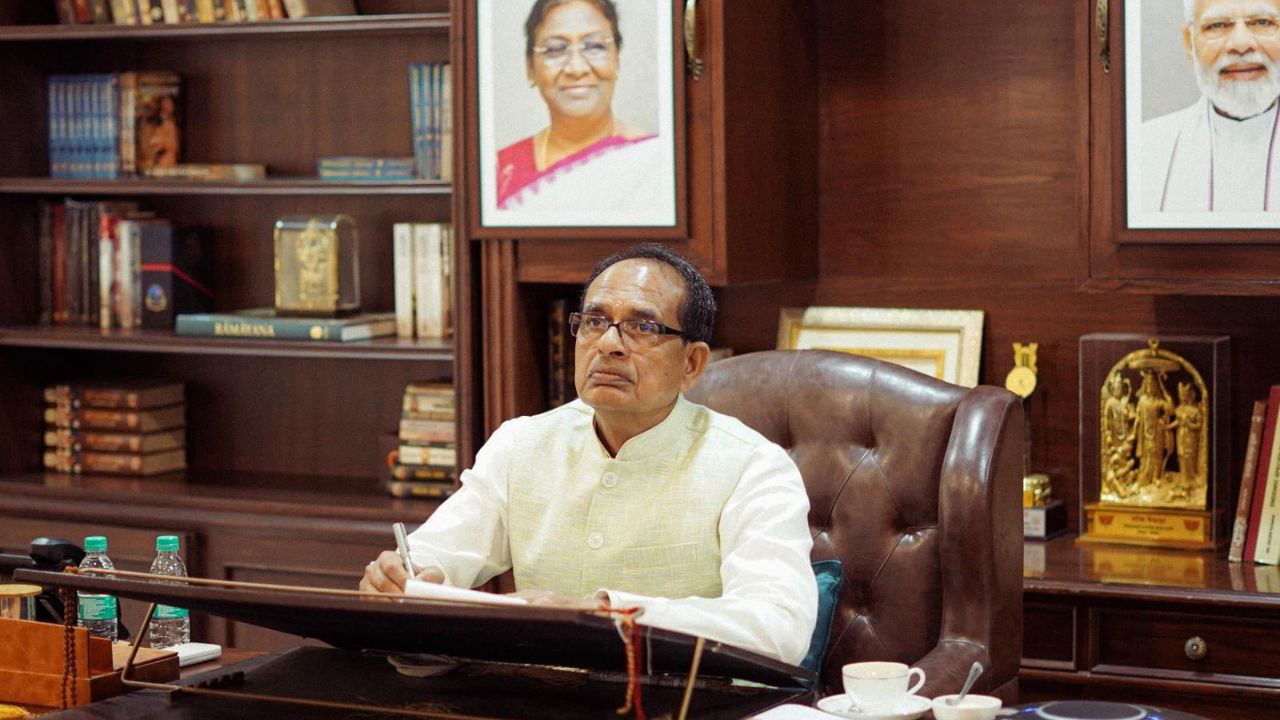
Union Minister Shivraj Singh Chauhan held an important meeting via video conference on February 11, 2025, to review and approve major changes to the National Food Security and Nutrition Mission. These changes aim to directly benefit farmers by increasing subsidies and strengthening seed production and distribution mechanisms.
In the meeting, Chauhan highlighted that the benefits of the revised scheme must reach only the farmers and not be misused by intermediaries. A key highlight of the updated guidelines is the provision to boost the production of traditional and native seed varieties.
Additionally, approval has been granted to set up seed processing and storage units at the Panchayat level to support farmers at the grassroots level. The Union Minister stressed that transparency should be maintained throughout the implementation process to ensure maximum benefit to farmers.
A major structural change in the scheme includes the integration of the National Mission on Food Security and Nutrition with the Krishi Samvardhan Yojana. The mission now includes the erstwhile Seeds and Planting Material (SMSP) Sub-Mission. The primary objectives of the mission are to increase the production of staple crops such as rice, wheat, pulses, coarse cereals like maize and barley, and nutri-cereals (SRI-Anna).
It also aims to enhance soil fertility, improve farm profitability, and strengthen market linkages for better price realization. Additionally, efforts will be made to increase the Seed Replacement Rate (SRR) and Variety Replacement Rate (VRR) while enhancing infrastructure for the seed sector.
Chauhan has also approved an increase in subsidies for farmers under key components such as the demonstration of new varieties, certified seed production, and certified seed distribution. The revised guidelines prioritize climate-friendly, bio-fortified, and high-yielding varieties to ensure sustainable agricultural growth.
All provisions of the mission will be monitored digitally, with platforms like Krishi Mapper and Saathi Portal being leveraged for transparency and efficiency.
In another significant move, the Union Minister allowed the promotion of traditional seed varieties, recognizing their importance in crop development, local adaptation, and nutritional value. Efforts will be made to identify, catalog, geotag, and enhance the production and marketability of these traditional varieties. The revised guidelines also provide assistance for seed distribution, capacity building, and the development of seed banks registered with PPVFRA and the National Biodiversity Authority.
Furthermore, Chauhan approved the revival of the SMSP component to establish seed processing and storage units at the Gram Panchayat level. These units will facilitate local seed processing, cleaning, grading, packaging, and storage, ensuring easy access for farmers.
Additionally, new provisions have been introduced for potato seed production using non-traditional methods. Support for government agencies involved in seed production, certification, and testing has also been increased to enhance their efficiency and effectiveness.
Union Agriculture Secretary Devesh Chaturvedi and other senior officials attended the meeting to oversee the effective implementation of these reforms for the benefit of farmers.
















